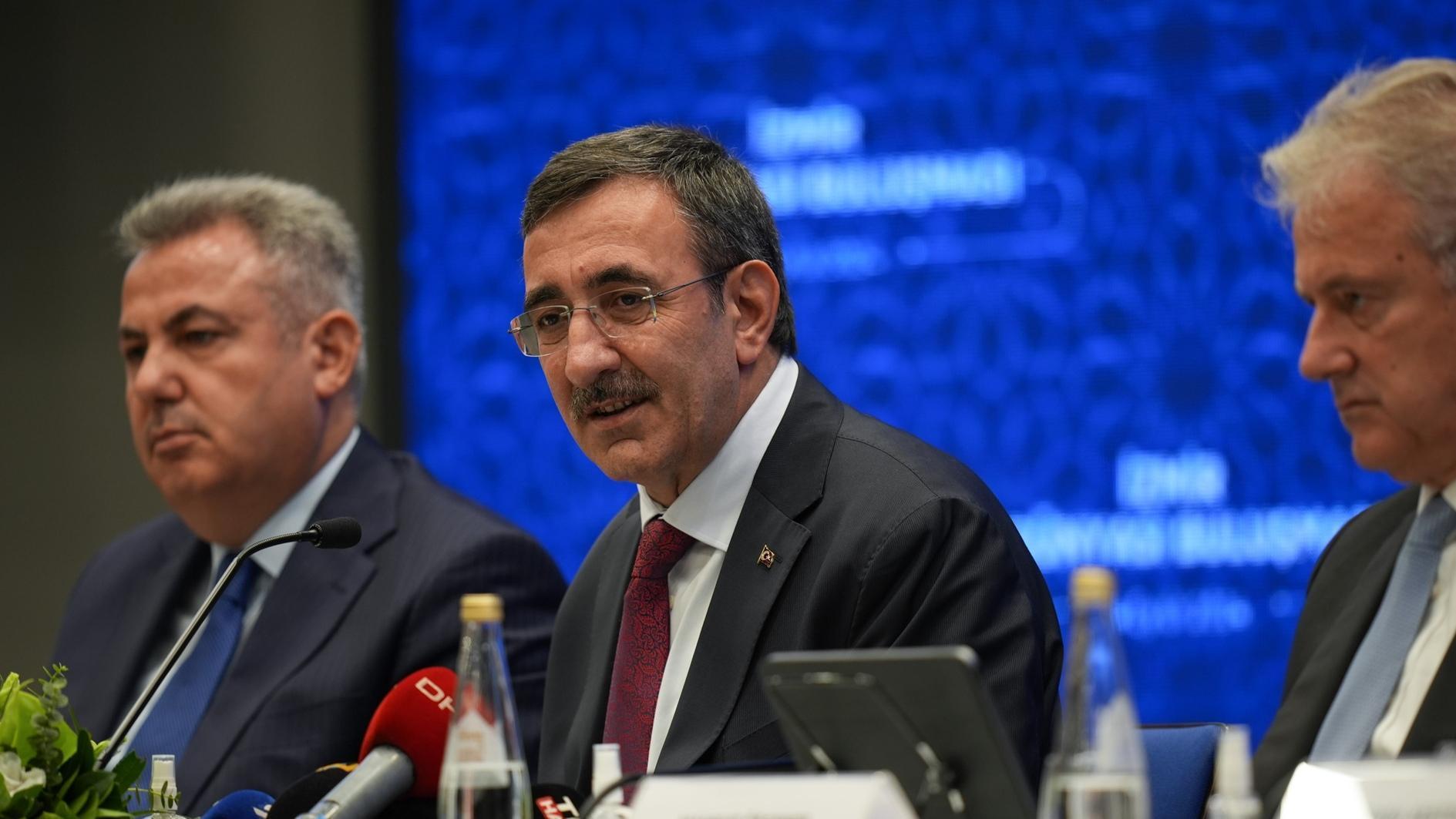
Türkiye’s economic program is working, producing results, while risks are declining, Vice President Cevdet Yılmaz has said.
In an interview with private broadcaster CNN Türk, Yılmaz noted that the international rating companies upgraded the country’s ratings, while Türkiye’s credit default swaps (CDS) have been falling.
Economic policies have been implemented decisively, and the confidence in the economic program is growing, he added.
The economic outlook is likely to improve further in 2025, according to the Vice President.
“We are expecting foreign direct investments to increase.”
Türkiye has entered the disinflation period and Inflation dropped 23.5 points in three months, Yılmaz said, noting that the latest data showed that food prices declined and the outlook for food inflation is improving.
Some projects are designed to boost food supply in the period ahead, according to the vice president.
The average age of farmers is 58, he said, adding that the government will encourage young to engage in agriculture.
The impacts of the 2023 earthquakes, which destroyed infrastructure, roads and tunnels, on the economy should not be overlooked, Yılmaz said.
The government allocated some 2.5 trillion Turkish Liras for the earthquake relief in two years, he added.
The cost of the earthquakes is enormous, but the government still maintained budget discipline, Yılmaz said.
The vice president reiterated that they would continue to implement the floating exchange rate model.
In countries that follow disinflation policies, local currencies gain value, and the lira has been appreciating, said Yılmaz, adding that some industries may be affected in terms of competitiveness.
Türkiye’s exports are projected to increase to $264 billion and the exchange rate is not the only factor determining exports, he said.
“We are expecting growth to pick up in the EU and MENA regions, which are our main export markets,” Yılmaz added.